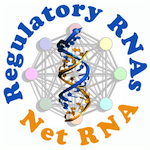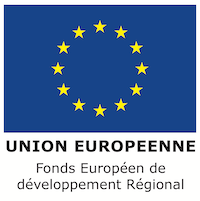Transfer RNAs (tRNAs) are small, non-coding RNAs that play a ubiquitous role in connecting the genetic information within mRNAs to protein sequences during translation. These adaptor molecules, each loaded with a specific amino acid, bind to the mRNA at the small ribosomal subunit, playing an essential role in the translation process. Like all RNAs, tRNAs are produced in precursor forms. One crucial step in their maturation involves the removal of additional sequences at the 5′ end, catalyzed by a family of endoribonucleases known as RNase P. In plants, the RNase P activity is exclusively carried out by proteins called “PRORP.” While the evolution and mode of action of PRORP proteins have been extensively studied, their integration into other cellular processes remains poorly understood.
In a recently published article in the journal Nature Plants, researchers from Philippe Giegé’s team elucidated the interaction network of the PRORP2 protein, located in the nucleus of the model plant Arabidopsis. Through an immunoprecipitation approach, they identified the methyltransferases TRM1A and TRM1B as the primary protein partners of PRORP2. These proteins, also located in the nucleus, are RNA-modifying enzymes that catalyze the formation of N2,N2-dimethylguanosine (m22G) on residue 26 of cytosolic tRNAs during maturation. Using a transcriptome-scale “tRNAseq” approach, the researchers further demonstrated that TRM1A and B are responsible for the m22G26 modification in 70% of cytosolic tRNAs in vivo, and that TRM1A/B mutants exhibit altered RNase P activity. Overall, these results shed new light on the early stages of tRNA biogenesis in plants, highlighting the importance of functional cooperation between TRM1A/B and RNase P.















